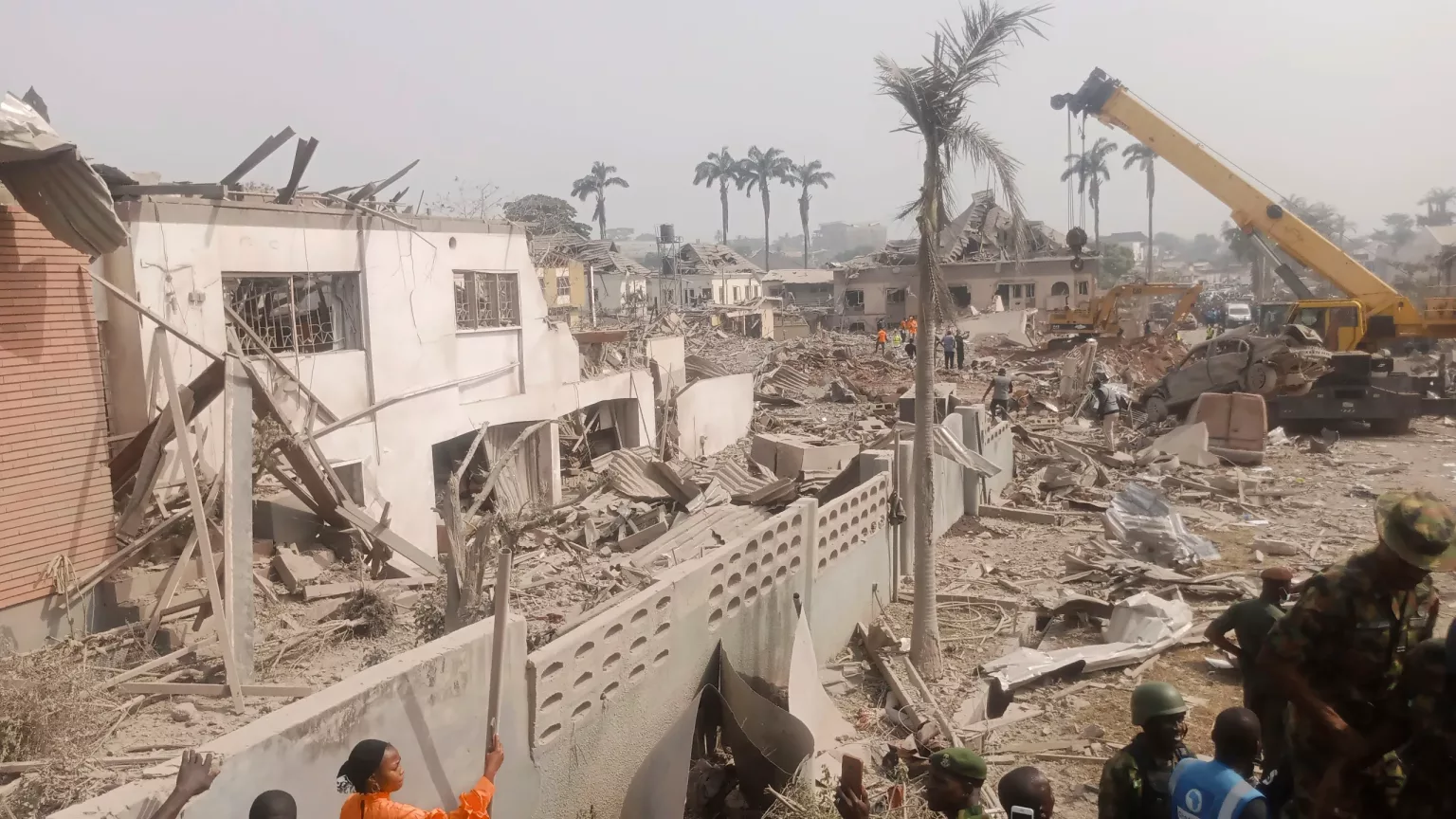In the aftermath of the harrowing explosion that rocked Ibadan, the capital of Oyo State recently, where the incident not only claimed lives and property, but also laid bare the extensive environmental consequences wrought by illegal mining activities within the community, it is pertinent to examine some other consequences that may not be popular yet, but very significant.
As residents grapple with the shockwaves of the blast, the incident serves as a typical example of the perilous implications that illegal mining or any other dangerous environmental activity can inflict on both ecosystems and human settlements, especially in a residential and populated city like ours. Residents, pointing accusing fingers at Malian illegal miners from reports, emphasise the environmental hazards associated with such activities. A resident, who spoke with FarmingFarmersFarms, but prefers to remain unknown, expressed concern over the explosive materials used for mining, highlighting the potential long-term impact on the surrounding environment.
The use of such materials not only poses an immediate threat to human life, but raises questions about the contamination of soil, water and air resources in the community. The aftermath of the explosion, as recounted by another resident, paints a grim picture of the environmental toll after scores of property went into rubbles. The structural damage to buildings and the necessity to demolish and rebuild homes underscore the profound impact on the landscape. The financial cost of rehabilitation, running into billions, speaks to the broader economic consequences for the community, the state, and the nation at large.
The governor of the state, Engr. Seyi Makinde’s revelation while addressing newsmen that the blast was triggered by illegal miners occupying a residential property adds a layer of complexity to the environmental fallout. Foreign names in the Corporate Affairs Commission (CAC) documents of the involved company extend the implications beyond local borders, emphasising the need for an international approach to addressing the environmental consequences of illegal mining. The blast also exposed a critical lapse in community vigilance, with the neighborhood association failing to report the activities of illegal miners to law enforcement agencies.
This highlights the importance of community awareness and proactive measures to monitor and report suspicious activities, thereby preventing or mitigating the environmental hazards associated with illegal mining. As investigation unfolds, the environmental implications come to the forefront. The use of explosives by illegal miners not only endangers lives, but also poses a severe threat to the ecological balance of the community and state. To address these issues and prevent similar incidents in the future, a comprehensive approach is essential.
There is need for strengthening and enforcing regulations around mining activities, as matter of urgency. Authorities must implement stringent measures to monitor the use of hazardous materials and ensure compliance with safety standards. Also, communities should be empowered to identify and report illegal mining activities in their vicinity and not keep quiet or give up reporting. Establishing channels for residents to report suspicious behaviour ensures timely intervention and helps prevent environmental disasters.
Meanwhile, conducting thorough environmental impact assessments before granting mining permits is crucial. This includes evaluating the potential risks and implementing safeguards to protect the environment and nearby communities. In conclusion, the aftermath of such incidents, a holistic approach to rehabilitation is necessary. This involves not only rebuilding structures, but also addressing the broader environmental impact through soil and water remediation efforts for the continuous safety of people in our communities.



